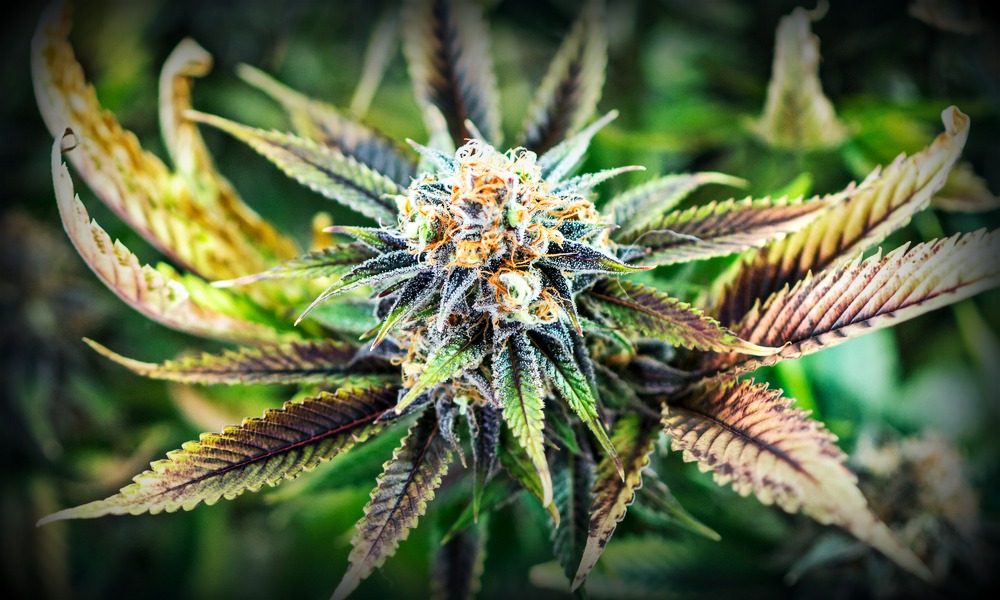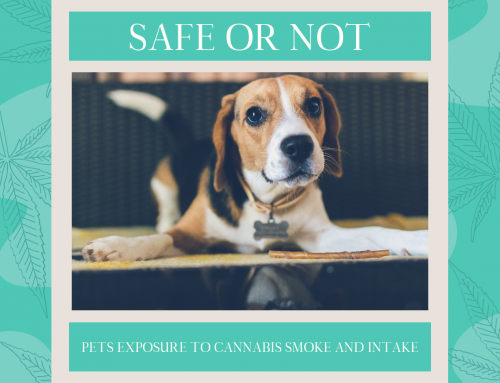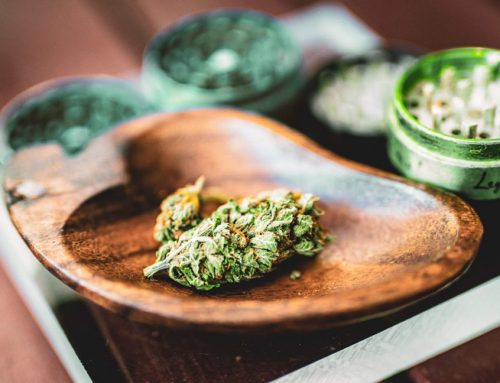Legalize 2017
While 2016 may have been one of the most important years for cannabis legalization in history, advocates on a global basis are already looking to the future. Or should that be, looking forward to a more liberal and proactive future in terms of cannabis policy. Right now, the United States is leading the charge and setting a positive example likely to be followed by many other countries and territories all over the world. Or at least, it is for the time being – exactly how Donald Trump decides to help or hinder the US cannabis industry remains to be seen.
Regardless of what happens or doesn’t happen in North America over the coming months and years, there are certain countries that seem to be well on their way to giving cannabis the green light. For tens of millions of people worldwide, cannabis law remains clouded to say the least – tolerance and semi-decriminalisation having been rolled out in many regions already. As time moves forward however, it seems inevitable that full legalization will make its way into more countries spanning the globe than ever before.
The only question being – where next? If so many nations appear to be on the brink of legalization, which countries are most likely to bring cannabis into the mainstream in the near future?
1. USA
Just to kick off with probably the most important cannabis market of all, it’s worth remembering that not only do 41 US states continue to criminalise recreational cannabis, but all 50 states remain covered by Federal law. And according to Federal law, cannabis is a Schedule 1 substance and therefore illegal in all its forms. Given the way in which the US cannabis industry is already worth billions, it is unlikely things are going to head in the opposite direction anytime soon. As such, the US could technically become the next country where cannabis is legalized nationwide.
2. Mexico
Currently a talking point for the Trump Administration for all the wrong reasons, Mexico made the decision to partially decriminalize marijuana a long time ago. As it stands, it is legal for adults to possess a maximum of 5g of cannabis to be used only in private property. For Mexico in particular, enhanced and improved drug policy is of the utmost importance, given the way in which the country has been ravaged by drug wars and the cartels fighting them. An obvious common sense approach therefore would be to legalize cannabis and take back control of the country’s enormous marijuana trade.
3. Colombia
It’s exactly the same case in Colombia, where the decriminalization of cannabis possession put a rather large dent in criminal trade of weed that had been rife for decades. The government of Columbia would rather invest its time, effort and resources in combating more dangerous drugs, as opposed to wasting time and money on pot. To such an extent in fact that it is now known that the Colombian government is keeping a close eye on what happens in Uruguay, which could soon lead to outright legalization of cannabis in all forms across the country.
4. Canada
The legalization of cannabis over the coming months in Canada is not so much a prediction as it is set in stone. Cannabis was used by Justin Trudeau as one of his key campaign pledges that saw him successfully take up the post of prime minister – much to the delight of cannabis advocates across the country. He didn’t exactly curry much favour by continuing to demonise cannabis users and producers in the run up to legalization, but has nonetheless made it clear that he intends to go ahead with full legalization of cannabis in Canada this year. He has been an open advocate of cannabis for some time and believes that the various states across the US are certain examples that cannot be ignored.
5. Portugal
Drug policy in Portugal has always been controversial and certainly a talking point. Back in 2001, the Portuguese government made the remarkable decision to decriminalize possession of every single drug across the board – right through to cocaine and heroin. Contrary to the cries of critics, this resulted in an enormous 50% plummet in confirmed drug abuse cases across the country, not to mention a massive decline in overdose related deaths, wasted police time and so on. As far as the authorities in Portugal are concerned, it makes far more sense to focus on helping those with drug problems, rather than persecuting them.
6. Jamaica
It’s widely believed that cannabis has been legal in Jamaica for most of recent history, but this is in fact entirely inaccurate. Over the years, cannabis policy has been relaxed on a number of occasions – particularly to allow for its use for medicinal and religious purposes. Various members of parliament are now pushing for full legalization and are closer than ever before. Hell, they’ve even kick-started a project to install cannabis vending machines in airports and other transport hubs across the country, ensuring new arrivals are given the warmest of welcomes.
7. Czech Republic
One of the world’s fastest growing and most attractive cannabis tourism destinations, the Czech Republic has long been likened to The Netherlands for its relaxed and liberal drug policy. While possession and use of drugs remains technically illegal, possession has been decriminalized and authorities are paying little to no attention to those who use, purchase or even cultivate cannabis. They’ve cracked down slightly on the cultivation side of things, but are more interested in large-scale growers and dealers and simple everyday consumers. As such, Prague is well on its way to rivalling Amsterdam as a haven for cannabis users.
8. The Netherlands
A little like Jamaica, most people wrongly assume that cannabis is legal in the Netherlands. In reality, all drugs across the board remain illegal without exception. The loophole being that cannabis can in limited quantities be sold legally in licensed coffee shops, which must abide by extensive and confusing terms and conditions when it comes to who can and cannot be sold cannabis and cannabis products. All attempts to clamp down on the sale of cannabis to tourists have so far proved universally unpopular across the entire country – particularly for those losing business as a result. Consequently, there is every likelihood that all such restrictions will eventually be removed, paving the way for full legalization.
9. Argentina
Given its proximity to Uruguay, there is a very strong chance that Argentina will follow the example set by its neighbour. Cannabis possession has already been decriminalized in Argentina, with the supreme court having made the decision that recreational cannabis use on a modest scale is not a problem. As it stands, a number of high ranking politicians are pushing for total legalization across the entire country.
10. Ecuador
Last but not least, possession of cannabis up to a maximum of 10g is classified as personal use in Ecuador, having been decriminalized for quite some time. As in many regions, comprehensive cannabis legalization has become something of a key campaign point for many politicians in Ecuador, where it is likely that total decriminalization of cannabis for private use at least will become a new reality for the country in the very near future.















